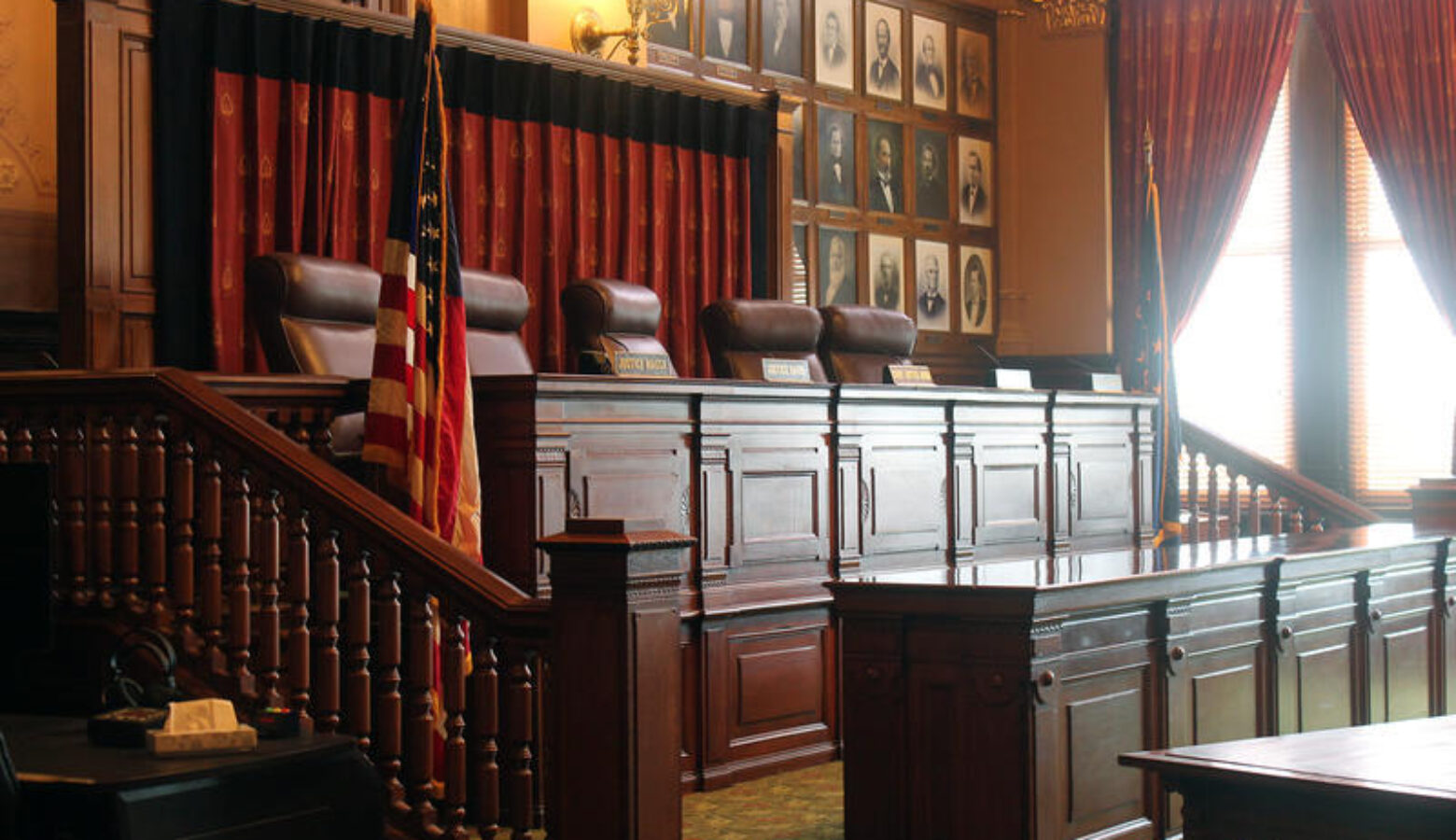State environmental agencies’ facts given less weight in court under state House bill

An Indiana bill could change the way trial court judges look at the facts when they review decisions by state agencies. HB 1063 already passed the House and is now being considered in the Senate.
The Hoosier Environmental Council worries the bill could make it harder for the state to enforce environmental laws in Indiana.
Say a utility wants to appeal a fine for not storing its coal ash safely. The Indiana Department of Environmental Management might use the fact that the coal ash is sitting in groundwater — a violation of federal law — in court.
While the court can disagree with how IDEM interprets that law, it generally accepts the agency’s facts as fact. Rep. Chris Jeter (R-Fishers) said this gives state agencies an unfair advantage in court. Under his bill, trial courts would give the facts presented by each party equal weight.
“Specifically it’s written to make sure that individual citizens or businesses are on an equal playing field when they’re seeking a judicial review of administrative agency decisions,” Jeter said.
Kim Ferraro is the senior staff attorney for the Hoosier Environmental Council. She said there’s a reason why trial courts defer to the agency’s facts. IDEM’s actions are already driven by the law and it has scientific expertise that trial courts simply don’t have.
Join the conversation and sign up for the Indiana Two-Way. Text “Indiana” to 73224. Your comments and questions in response to our weekly text help us find the answers you need on statewide issues.
Ferraro said the bill would make it easier for industries to overturn agency decisions and harder for IDEM to do its job.
“Provide that undue pressure and say ‘give us what we want or we’re going to challenge you and it’s pretty easy for us to do that’,” she said.
The Indiana Farm Bureau and the Indiana Pork Producers Association are neutral on the bill because it could both benefit and harm the organizations in court. Jeff Cummins with the Farm Bureau said it’s a “sword that cuts both ways” when it comes to confined animal feeding operations (CAFOs).
“More often than not we’re dragged into court due to activists’ challenges to agency permit decisions rather than challenging the permit or its requirement ourselves,” he said.
Ferraro said the bill would also make rulings by administrative law judges — which often hear cases first before they go to trial court — meaningless.
The bill would put the burden of proof on the same party that had that burden in the administrative law case. Ferraro said basically IDEM would have to defend challenges to its enforcement decisions twice — once at the Indiana Office of Environmental Adjudication and again in trial court.
The bill wouldn’t just affect IDEM. All but 12 state agencies would be affected if the bill becomes law.
Contact reporter Rebecca at rthiele@iu.edu or follow her on Twitter at @beckythiele.
Indiana Environmental reporting is supported by the Environmental Resilience Institute, an Indiana University Grand Challenge project developing Indiana-specific projections and informed responses to problems of environmental change.

